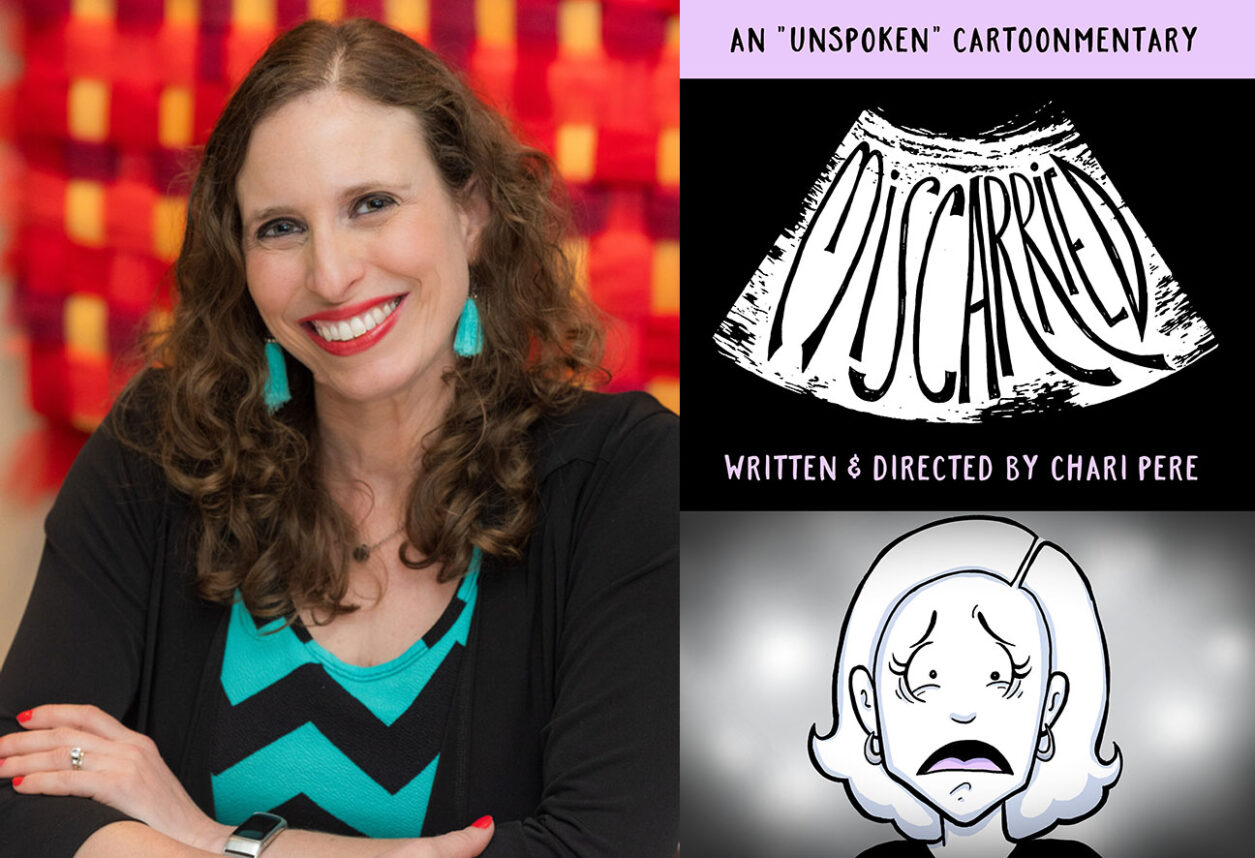UJ Students SupportIsrael, Mixed on Iraq
\”President Bush has the best interests of the United States and the world at heart … if push comes to shove, I would fight with the American Army,\” said Jacob Proud, a 20-year old freshman in bioethics at the University of Judaism (UJ).\n\n\”I question the real motives for this war… I want my country and Israel to be as just and righteous as possible,\” observed Mark Goodman, 26, a second-year student in the UJ\’s Ziegler School of Rabbinic Studies. The opinions, expressed in separate interviews during the first week of the war in Iraq, illustrate an obvious and a more subtle point.\n\nFor one, not all students think alike, not even in a university whose students are, by self-selection, dedicated to Judaism. Secondly, even within the UJ, undergraduates and rabbinical students sit largely on opposite sides of the fence.





 More news and opinions than at a Shabbat dinner, right in your inbox.
More news and opinions than at a Shabbat dinner, right in your inbox.